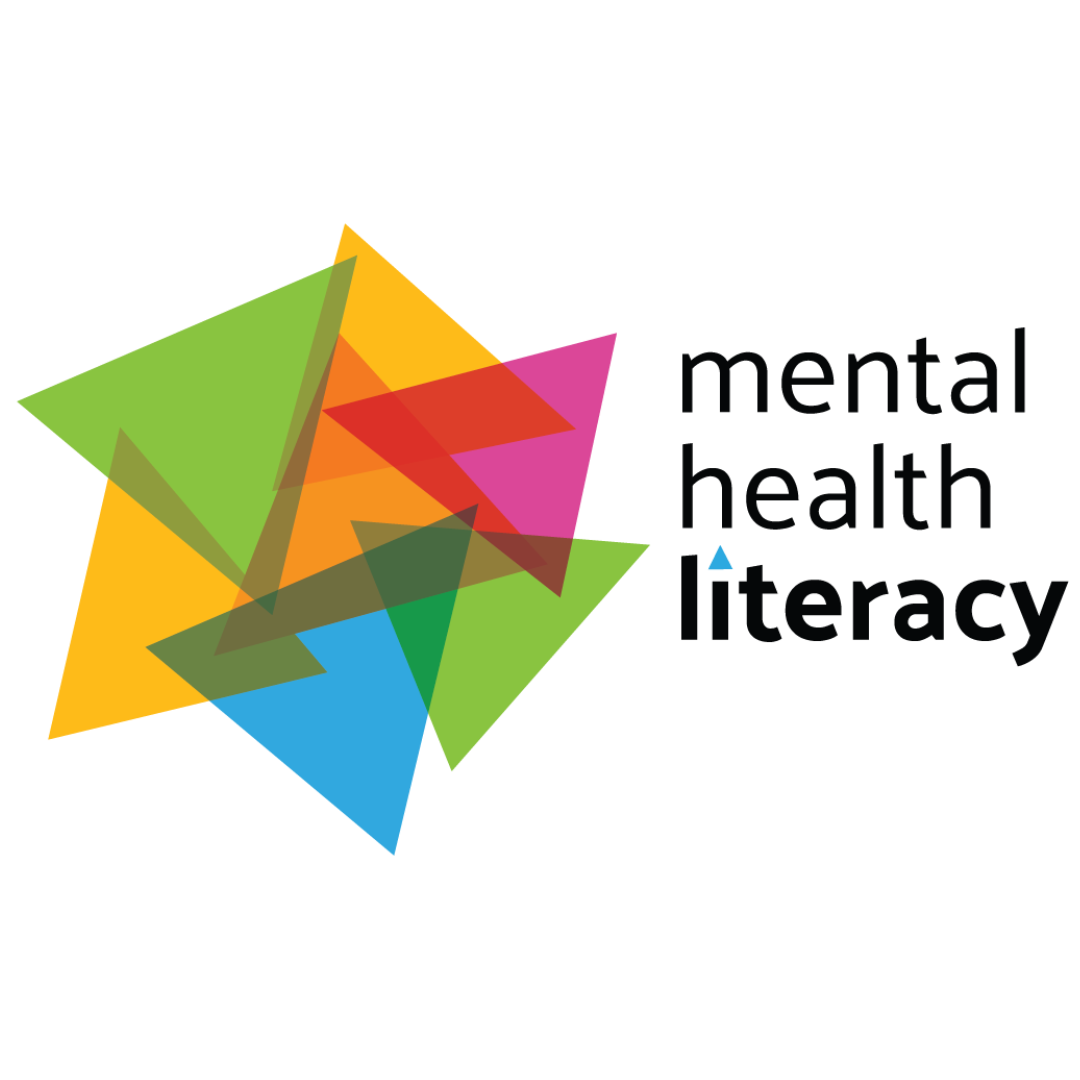About Mental Health
Mental health is a complex and important part of our overall health that is not always understood. However, furthering our knowledge in this area is empowering and helps us make informed decisions about our own health. The following information explains mental health concepts in a plain and accessible way. This is information that all Canadians can benefit from and it has been reproduced with permission from MentalHealthLiteracy.org
Stress Management
KEYS TO HEALTHY STRESS MANAGEMENT
Understanding the Stress Response
The stress response is a signal in our brain and body that alerts us to a problem to be solved, or an adaptation to be made. It is there to help us adapt to our environments. Unfortunately, stress has a negative connotation that leads to unhelpful ways of thinking about and managing our normal and necessary stress response. While too much or too little stress is not helpful, much of the daily stress we experience is actually part of learning to adapt to life. You can find ways to harness your stress response to increase adaptation and build resilience, while concurrently learning how to distinguish this from stress that is not helpful to you. [5]
Using clear language to describe the stress response is pivotal. People often substitute the word
"anxiety" when they mean the stress response; however, anxiety (a constant state of situationally inappropriate hyperarousal) is not the same as a stress response.
Most stress that we experience daily is actually good for us. The only stress that can really cause us harm is toxic stress - like abuse, neglect, violence, poverty; especially if we are experiencing it for a prolonged period of time. Regular everyday stress? That actually makes us stronger. Each time you a) experience a stressful situation and b) successfully cope with that situation, you're making yourself stronger and more resilient.
Three Keys to Healthy Stress Management and When to Use Them
HOW WE THINK ABOUT STRESS MAKES A BIG DIFFERENCE
Imagine you have a stressor in your environment (ex. an upcoming work presentation or a traffic jam on your commute to work). Research shows that if we interpret this signal as negative (ex. "I feel stressed out" or "I can't handle this"), our body's response can be unhealthy, leading us to avoid the situation or to expect others to solve the problem for us. However, if we interpret the signal in a more encouraging way (ex. "My brain and body are getting ready to help me tackle an important challenge" or "I will find a way to get through this") our body's response will be more healthy, leading us towards adaptation and resilience, like the stress response intended.DETERMINE WHAT THE PROBLEM IS AND DEVELOP SOLUTIONS FOR SOLVING IT
For example, the stress response in preparation for a work presentation may lead you to seek out research skills to review key concepts, or practice your talk ahead of time with a supportive colleague. When you solve the problem that triggered the stress response, it goes away. Then, you are left with new skills you can use in the future. You have successfully adapted!REDUCE THE INTENSITY OF YOUR STRESS RESPONSE
Sometimes our stress response can feel quite intense (especially if our previous pattern has been to avoid stress) and at this point, techniques designed to decrease our stress response may be helpful.
This is the time to draw on relaxation or calming strategies
For more evidence-based information on managing your stress response, access these free resources:
Healthy Stress Management: Understanding the Stress Response (downloadable pdf): https://mentalhealthliteracy.org/schoolmhl/wp-content/uploads/2020/05/managing-the-stress-response.pdf
The Stress Response Explained (short animated video): https://www.youtube.com/watch?-HikEfwfECo



